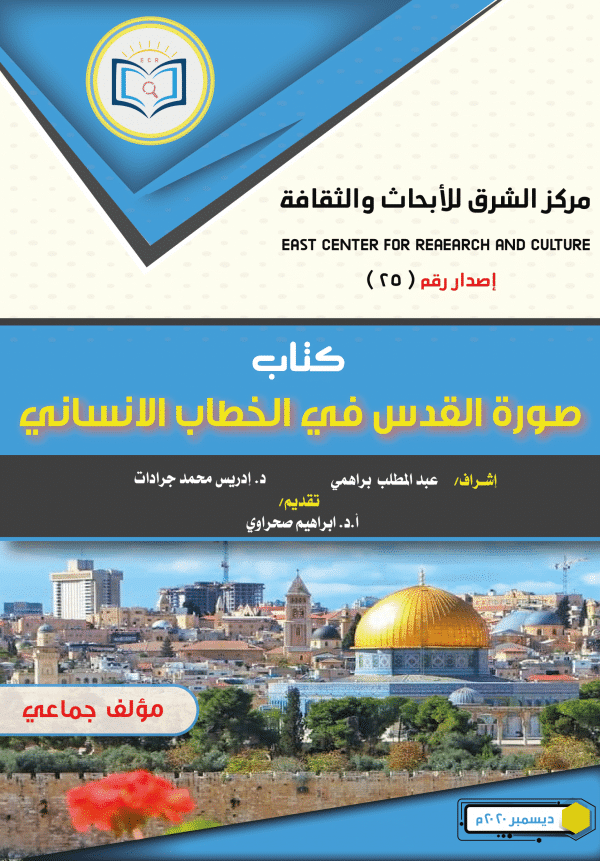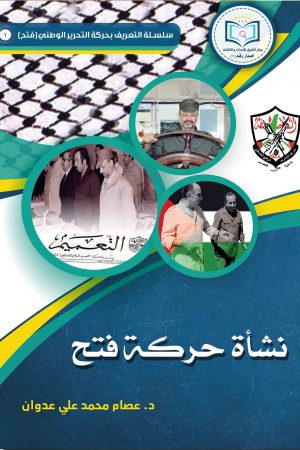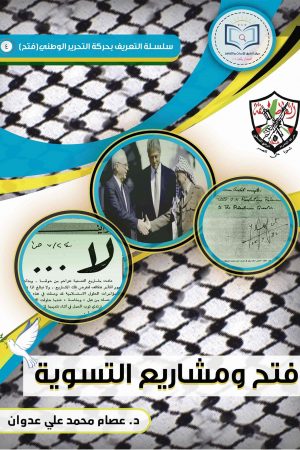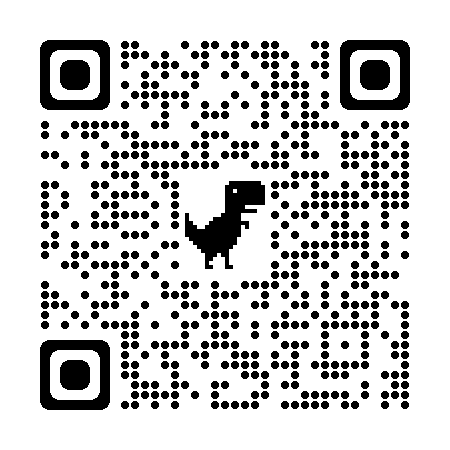اسم الكتاب/ كتاب القدس في الخطاب الإنساني
اسم المؤلف/ مؤلف جماعي
إشراف/ عبد المطلب براهمي – د.إدريس جرادات
تقديم/ أ.د. إبراهيم صحراوي
الرقم الدولي/ 9789950060210
عدد صفحات الكتاب /353
مقاس الصفحة / A5
حظيت القدس منذ القديم بمكانة مرموقة في الخطاب العربي – ومن ثمّ الإسلامي- بمختلف تجلياته ومضامينه حضاريا ودينيا وسياسيا وثقافيا وأدبيا ورحلاتيا جغرافيا ووجوديا الخ، وذلك على الأقلّ منذ ورود ذكرها في القرءان الكريم بطريقة غير مباشرة عبر الإشارة إلى المسجد الأقصى في سورة الإسراء (الآية-1)، فكانت بذلك مَسْرى سيدنا محمّد صلّى الله عليه ونقطة معراجه والقبلة الأولى قبل نزول الأمر الربّاني “فلنولِّينّك قبلة ترضاها، فولِّ وجهَك شطر المسجد الحرام، وحيثُما كنتم فولّوا وجوهَكم شطَره” (البقرة 144).
ومن ثَمَّ جاءت العهدة العُمرية عند الفتح العربي الإسلامي حينما انتقل إليها الخليفة الراشِد عمر بن الخطّاب رضي الله عنه وأعطى بنفسه الأمان لأهلها وممتلكاتهم ومعتقداتهم. واستطرادا،
وحتّى ما قبل النكسة والاحتلال الإسرائيلي بقليل كانت زيارة المدينة من مكمِّلات فريضة الحجّ لدى من استطاع إليه (وإليها) سبيلا. لذا كان من الطبيعي أن يرِد ذكرُها في كلِّ التفاسير عند تناولها للآيات المذكورة أو تلك التي أشارت إليها، وفي السيرة والسنّة النبوية الشريفتين عند ذكرها الأحداث المرتبطة بها.
وفي سيرة الخلفاء الراشدين وتاريخ الفتوحات والتاريخ السياسي للدولة الإسلامية الناشئة وتاريخ العلاقات بين الأقليات بمختلف أنواعها والحكم المركزي عامّة (والإسلامي خاصّة)، فضلا عن التاريخ العام للمدينة وتأثُّرها بالأحداث وتأثيرها فيها، خصوصا ما تعلّق منها بالشعوب والأمم المتنازعة عليها، وبصورة اخصّ في العصر الحديث.
من هنا مكانتَها الجيوسياسية الهامّة وتأثيرها الشديد في العلاقات الدولية كونها مركز الصِّراع العربي الإسرائيلي ومدارَه، فلا غرو والحال هذه أن تكون عَصُب السياسة هنا وهناك وموضوع مبادراتها وبرامجها ومشاريعها ومساراتها المختلفة فيتواتر ذكرُها في وسائل الإعلام بكلِّ أصنافها وتغدو إحدى ثوابت الخطاب الإعلامي العربي وغير العربي.
كما لا يمكننا إهمال سحِرها المادّيِّ والمعنوي وجذبِه الدّائم للزوار، وقد أسلفنا الإشارة إلى كَوْن زيارتها في فترات ماضية من مكمّلات فريضة الحجّ، فليس غريبا والحال هذه أن تكون مثارا لفضول الرحّالة وموضوعا لمدوّناتهم التي تصف مشاهداتهم وتوثِّق لقاءاتهم ومحادثاتهم وتُسجِّل أحاسيسَهم ومشاعرهم.
أمّا في الأدب بأنواعه وأجناسه المختلفة فقد كانت أحد موضوعاته الأساسية المتواترة بكثرة ولا سيما بعد أن غدت في العقود الأخيرة عنوانا للصمود في الصّراع المُشار إليه وعلامة على النّضال والتمسّك بالأرض والرفض الواضح والأكيد للادعاءات الإسرائيلية والعمل على دحضها بكلّ الوسائل والإمكانيات بما فيها المقاومة والعمل المسلّح متى وُجِد سبيلٌ إلى ذلك.
هذا عدا التأكيد على هويتها العربية الإسلامية والتصدّي لمشاريع التهويد التي يقوم بها الكيان الصهيوني من ذلك مثلا جَعْلها عاصمتَه السياسية بتواطؤٍ من بعض الدول الغربية التي نقلت سفاراتها إلى هناك.










المراجعات
لا توجد مراجعات بعد.